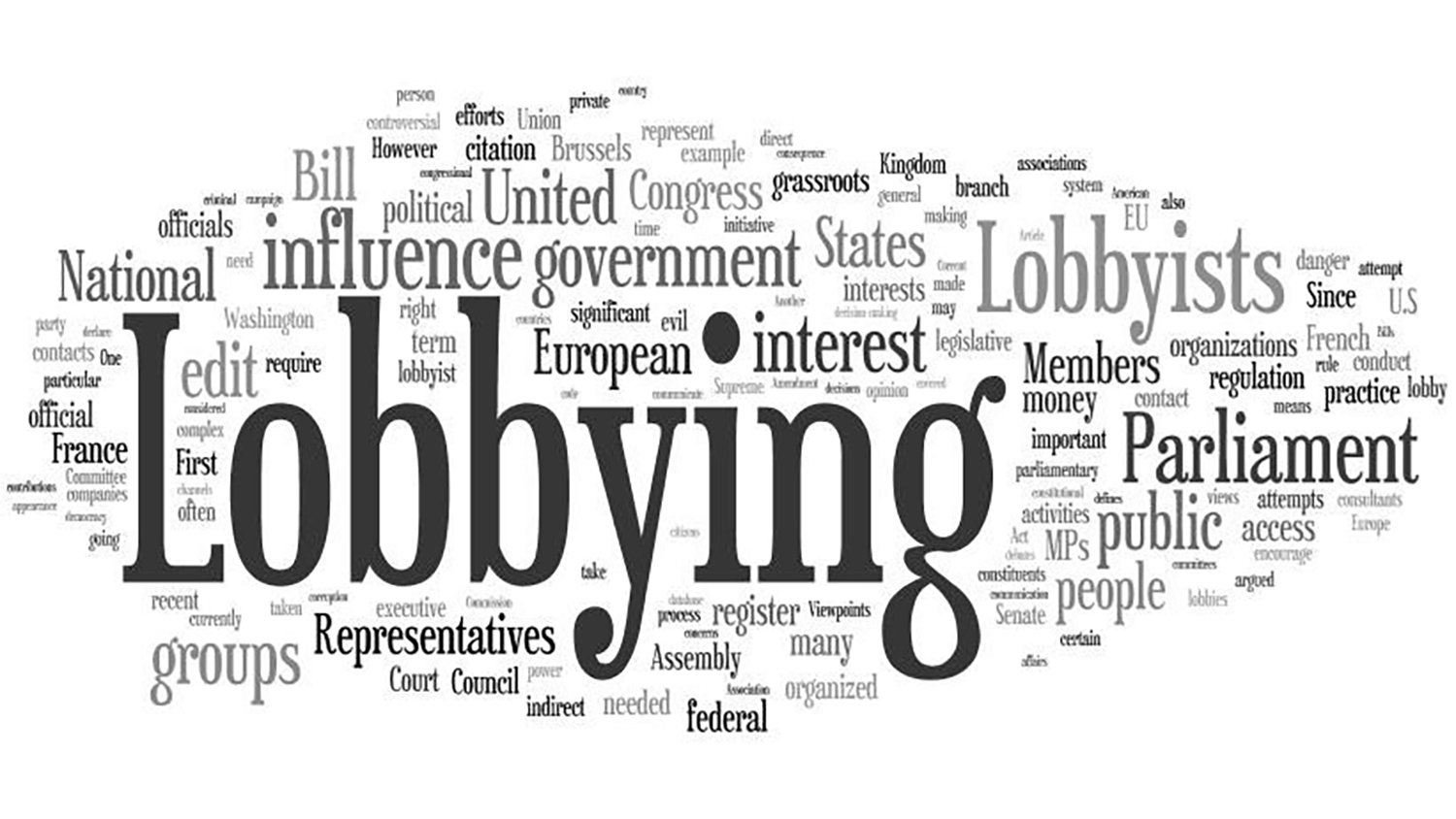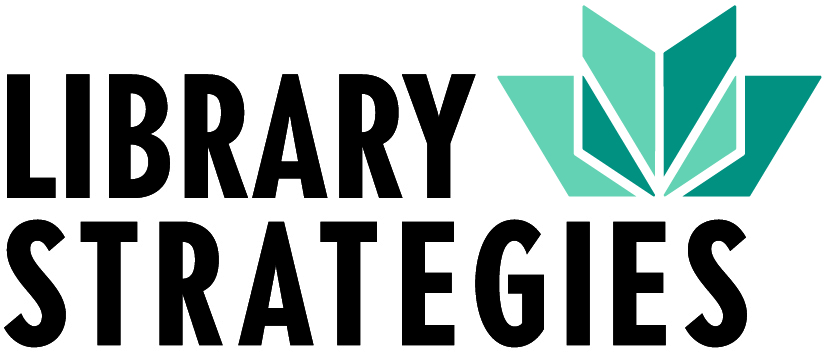‘Lobbying’ is Not a Dirty Word

It seems that everyone is talking about the importance of advocating for your library, but what does that necessarily entail? For purposes of this article, I will be referring to advocacy as a political process in which we speak to our elected officials about the importance of an issue and request specific action on their behalf, such as increasing funding for the issue.
Most people refer to this type of activity as lobbying. I prefer to use the word advocacy because I find that the word lobbying scares many people off. They view lobbying as an activity in which only high paid professional lobbyists in Washington engage. Or they assume that non-profits are not allowed to engage in lobbying activities. I’d like to dispel both of those inaccurate assumptions, and encourage citizens and library support organizations to get involved in advocating for their libraries to their local elected officials.
You might think that library directors make the best advocates, since no one understands the library’s budget and needs better than they do. But the library director may be viewed as self-serving when asking local elected officials for a larger budget. The same is true of any other department head or staff from these publicly funded institutions. But what if that message is carried by a respected citizen or business owner in the community? Then the elected officials take notice.
But, citizens who advocate on behalf of the library need to be educated and organized to do effective lobbying. The library director needs to be sure that citizen advocates have the right information about the library’s services, budget, and needs for serving the community. Any library director who has concerns about stable public funding should be instrumental in organizing an advocacy committee within the existing Friends group or library foundation.
All library staff can play a role in advocacy. Past ALA President, Camila Alire, launched a program during her presidential year called “Frontline Advocacy.” Frontline Advocacy encourages all library staff to make opportunities to speak to patrons about the valuable library services available to them. Then these patrons have information that they can share with others in the community and potentially with elected officials. Frontline Advocacy clearly denotes the role of library staff as being spokespersons to community members and patrons rather than directly to the elected officials. Frontline advocacy paired with political advocacy by your Friends group or library foundation makes a powerful impact. All Friends groups or library foundations that are raising private money in support of a publicly funded institution should be concerned about advocacy. After all, our private donors want their contributions to be used for enhancement… not to fill the holes where government funding has been cut. The best way to insure that is to have the same group that does private fundraising, conduct advocacy activities too. Some fundraising groups even make the private funds dependent on stable or increased public funds, leveraging stable public funding through the promise of added private funding.
The age old question of the legality of lobbying by a non-profit organization always comes up. Please know that lobbying by non-profits is a totally legal activity. The IRS has developed guidelines for non-profits to help them understand the limitations. Generally, the two most important guidelines are: 1) You cannot endorse a specific candidate for an elected office; and 2) You need to keep lobbying expenditures below 20 percent of the organization’s total budget.
Advocacy the Saint Paul Way
As a library foundation, The Friends of the Saint Paul Public Library has been conducting citizen lobbying for over 20 years. This is just as important, if not more important, than the private fundraising we do each year. Our process is simple but effective: We create a standing committee of the Board called the Advocacy Committee. It begins meeting 9-10 months before the library’s budget is finalized. We have representation on the committee from every political ward in the city. The committee meets with the library director for several monthly meetings to develop a platform of funding initiatives for which we will lobby. The platform is put into a concise, two-sided, 8in x 11in document with rationale and specific amounts requested. Then committee members who live in the ward of each city councilmember schedule appointments to present the platform to them in their offices. Committee members attend public testimony and budget hearings and a copy of the platform is issued as a press release to all local media. This simple process has been helpful in stabilizing and increasing the library’s budget in most of the last two decades. The parts to our process that make it successful include the following:
- The process starts well before the budget is finalized: this isn’t an 11th hour approach to advocacy.
- The library director is extensively involved in discussions with the citizen advocates, so the library’s interests are represented throughout the process; there aren’t any loose cannon advocates.
- The platform is specific in its requests for funding. We request funding for specific programs and give exact dollar amounts needed. We avoid advocating in generalities like: “raise library funding next year.”
- Constituents are meeting with the elected official for whom they have likely voted and by whom they likely are known. The President of the Friends also attends all meetings with elected officials to assure the continuity of our message.
- We never go away. The elected officials know that our advocacy is an ongoing effort. We will be back year after year, and they have come to expect us.
There is no reason why every library can’t have an effective advocacy program. It’s easy, it’s legal, and it’s effective! Now get going and have some fun with the most energizing activity you can take on!
-Peter Pearson
Lead Consultant
President of the Friends of the Saint Paul Public Library

